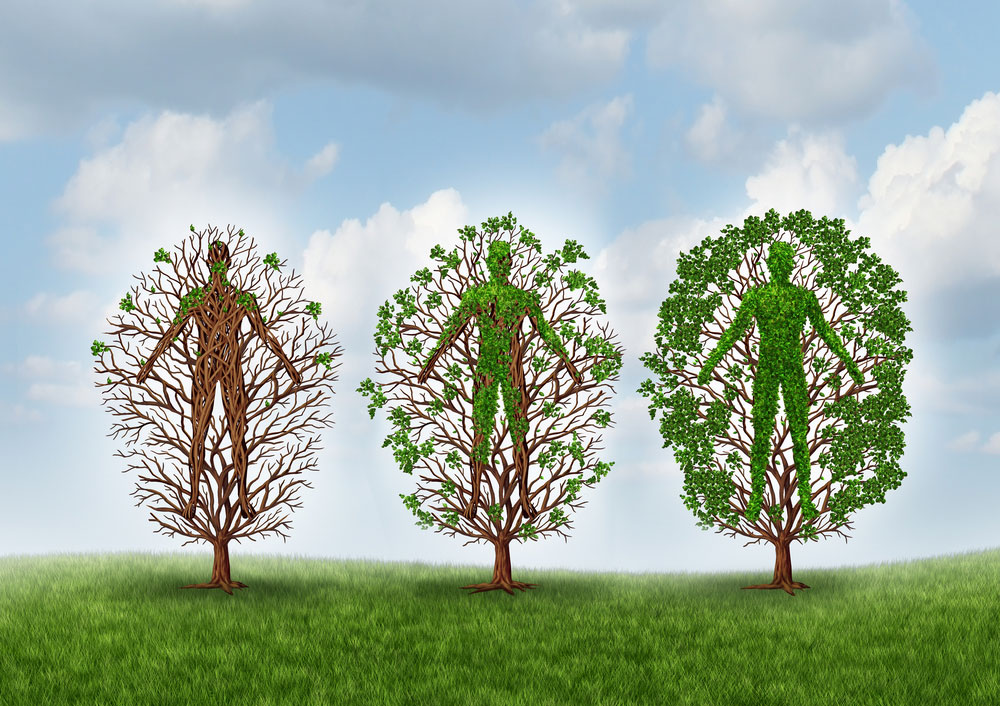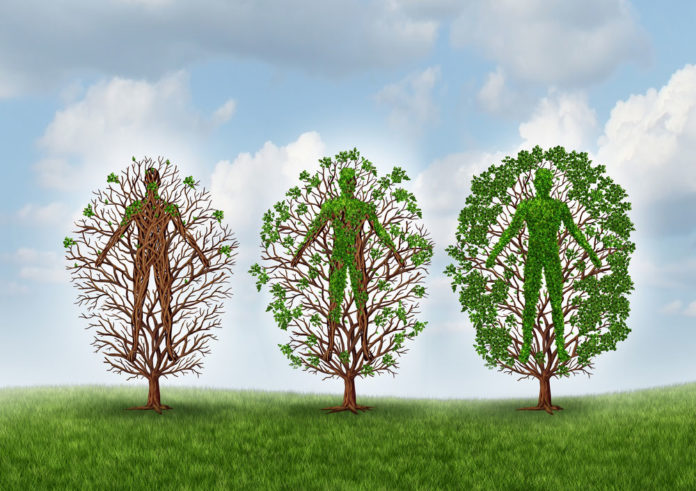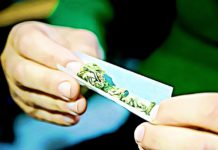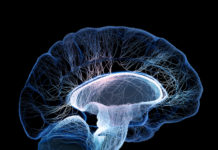A research paper published in last month’s issue of the Journal of Psychiatric and Mental Health Nursing provided a deeper look into a range of different addiction recovery and intervention approaches currently used in mental health services.
After working with drug users since 1980 and producing several original clinical explorations on substance use disorders, Dr. Gary Winship, a psychotherapist, associate professor and senior fellow at the Institute of Mental Health University of Nottingham, authored the research paper to focus on four main domains of recovery: Traditional Recovery, Addictions Recovery, Mutual Recovery and New Recovery.
In this context, Traditional Recovery is an approach to patient treatment that has been offered by mental health specialists since the 1880s. It focuses on clinical recovery, social psychiatry, group therapy and psychosocial interventions that aim to reduce symptoms within the context of an industrial therapeutic unit. When this approach is employed, medications are often given to patients that were forcefully detained or involuntarily taken to the therapeutic facility. Patients who are suitable for Traditional Recovery include those suffering acute or severe episodes, thus requiring more intensive and secure treatment such as hospitalization, intensive intervention or therapeutic imprisonment.
According to Winship, Traditional Recovery relies on a model that emphasizes biological explanations of illness and consequently biological interventions, but it “has progressed towards a more humanized model of psychiatry.”
Winship classified Addictions Recovery as a “largely international network of addictions recovery approaches,” which started in the 1930s as an evolution of Alcoholics Anonymous, and later Narcotics Anonymous. It focuses on peer support within recovery groups that meet regularly and highlights the importance of staged steps toward sobriety and/or full recovery, normally using a 12-Step model.
Mutual Recovery was established in 2011 and was funded by the Arts & Humanities Research Council, which set up research trials that looked at a variety of art interventions. It focuses on independent services, such as… (continue reading)

















